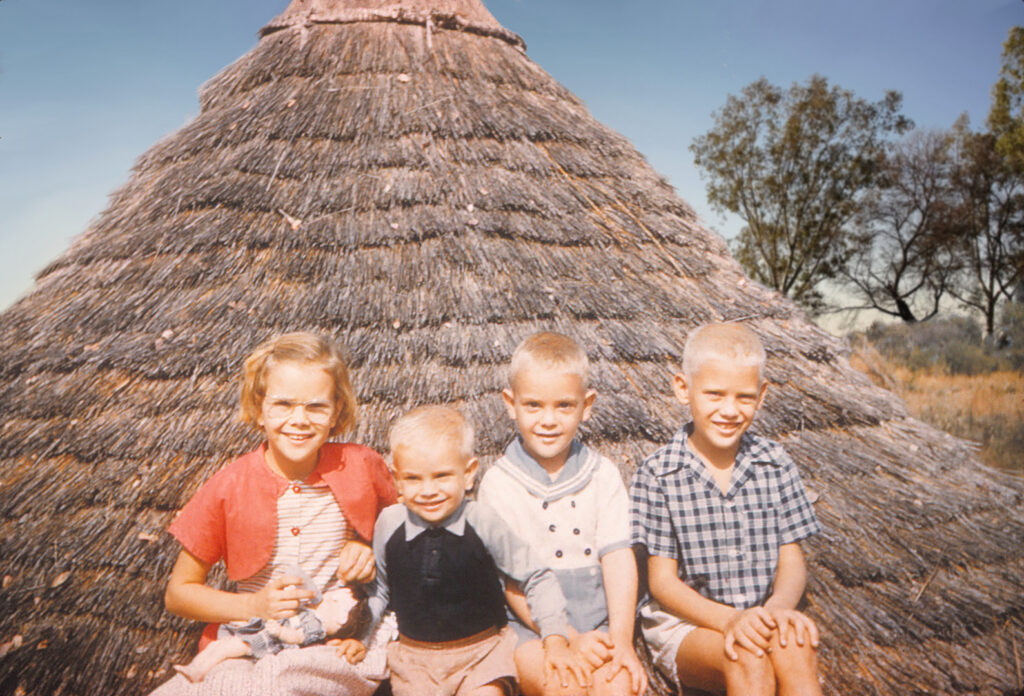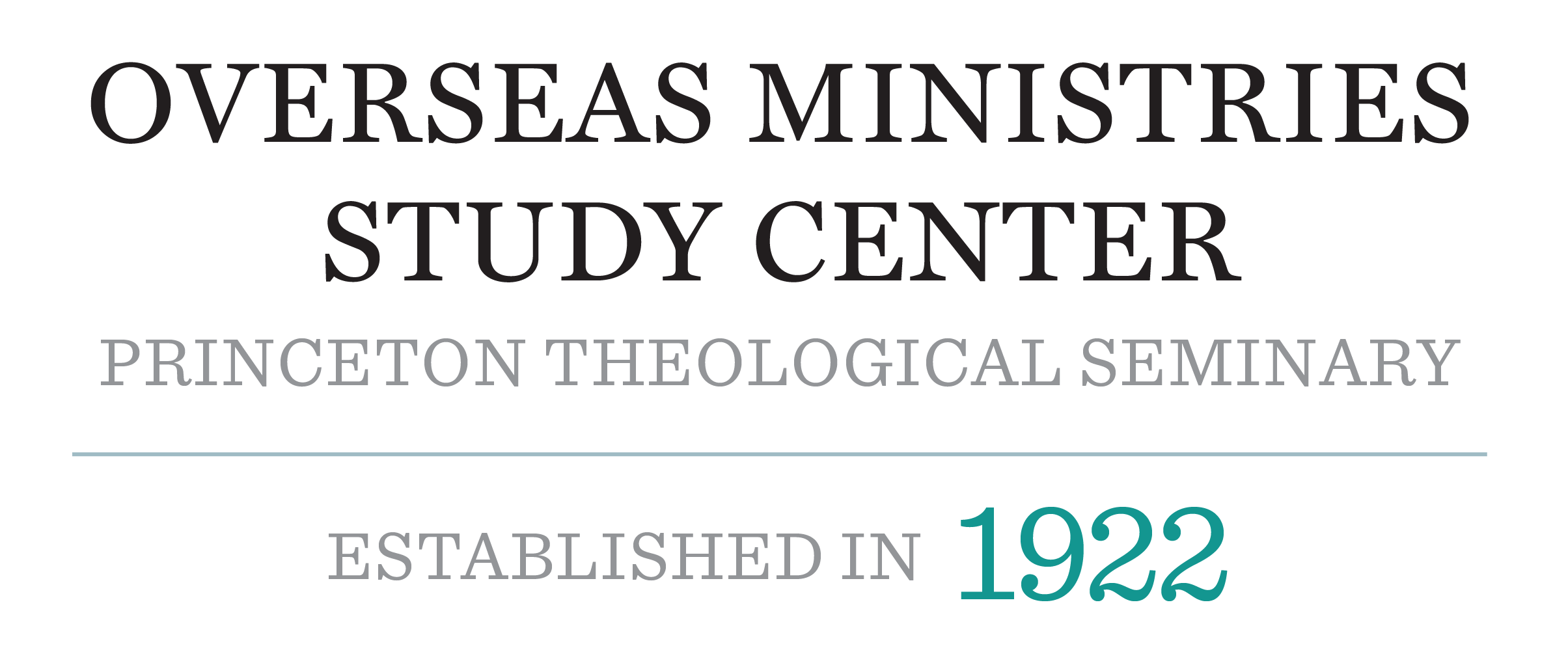By Stephen Di Trolio edited and written with materials provided by Dianne and Richard Darr of MKSN
“I am Abraham’s daughter, sacrificed on the altar of missions, harmed in ways that loathe to be healed…It was God’s desire and design that we die, that we suffer, that we give ourselves to the mission for the sake of our parents and the sake of our souls, the protection of God’s reputation always on our minds.”
These haunting words, written by Joy Smalley, a former missionary kid (MK), encapsulate a truth that many religious institutions have refused to face for decades: children of missionaries were abused – sexually, emotionally, and spiritually by communities that claimed to represent God’s love. Many were abused in the name of discipline while others under the guise of faith. Sadly, many never told their stories until now.
A Legacy of Silence
Across the global mission field, from the hills of West Africa to the plateaus of Nigeria and the jungles of the Philippines, and urban settings in Japan, generations of children were placed in missionary boarding schools. A decision that, in many cases, was encouraged by fellow missionaries or mandated by the mission boards. The children of these missionaries were placed in boarding schools because their parents were stationed far away from them or for other similar reasons. These schools were entrusted to mission-run institutions to raise, educate, and protect them while their parents were engaged in missionary work. These schools promised an education based on a Christian spiritual foundation. For many children, these schools delivered on that promise. For others, these schools became the place of unthinkable trauma.
Mamou Alliance Academy in Guinea and Hillcrest School in Jos, Nigeria, have emerged as emblematic cases in this tragic history. At Mamou, children were beaten with tire treads, forced to eat vomit, sexually molested in dormitories, and humiliated in the name of godly discipline. A 1997 independent report confirmed that abuse at Mamou between 1950 and 1971 was widespread and enabled by a “pattern of negligent administration” from the Christian and Missionary Alliance (C&MA).
At Hillcrest, decades of allegations spread among alumni networks erupted into public view in 2021 when former superintendent Jim McDowell confessed online to molesting students. His confession opened the floodgates for alumni to share their cases of abuse. Former students, now adults, began to recount horrific abuse by dorm parents, teachers, guidance counselors, and even principals of the school. Tragically, these stories were met with a familiar pattern of denial, deflection, and delay.
“No Place to Run, No One to Tell”
The stories shared many common themes and patterns. Children as young as six, sent to the schools and separated from their families, were subjected to control by “aunties” and “uncles.” Many survivors speak of this culture as closed and insular. Many were taught that obedience was part of their Christian duty. Then, when an adult touched them inappropriately, they were told their trauma was “a test from God,” or entirely dismissed.
Reporting these stories of abuse often led to further victimization and cover-ups. Survivors were labeled liars, slanderers, or enemies of the mission and purpose of their faith. Parents, still under the authority of mission agencies, were discouraged from believing their children as they recounted these stories of abuse. Often, mission board leaders even compared MK whistleblowers to Satan, accusing them of trying to destroy the church and mission activity as a whole.
“When mission organizations are deceptive about abuse that has happened in their midst―or even when they cull information to only convey what is beneficial to them―they are flexing their power in anti-Christ ways, choosing lies and evil over transparency and goodness. This is a clear sign to abuse victims and others that their highest priority is not truth and justice but protecting themselves at all costs, even if that cost is at the expense of the safety and well-being of the broken. Ironically, it is the ones who have less power in these situations who are the truth tellers, bravely sharing their stories, despite knowing the repercussions and ramifications that will likely follow,” says Sarah Bucy Klingler, a Faith Academy in the Philippines and Project Manager of MKSN.
The Theological Base for Abuse
A key part of this tragedy lies not just in individual acts of evil, but in a discreet structure and theology that enabled these abuses. MKs were often raised with the idea that their suffering was part of God’s plan, playing on the Abrahamic offering of Isaac, or even that of Christ’s sacrifice on the cross. These theologies overemphasized suffering, penal substitution, and end-times urgency, and were twisted into mandates to endure abuse silently. These children were told these lies so that the gospel would not be hindered.

“Mission agencies often put ‘the work’ before the worker, the gospel before the child,” said Dianne Couts, president of Missionary Kid Safety Net (MKSN), a nonprofit founded by survivors who have for many years advocated for the protection of Missionary kids. In many cases, there was no policy or culture to safeguard children and a lack of systems of accountability.
Resistance and Stories of Abuse
The pervasive silence reached its limits. Beginning in the 1980s and intensifying in the 1990s, survivors like Rich Darr and the Shellrude sisters began confronting their former schools and missions with the hope that these stories of abuse would not repeat. Yet these testimonies of abuse were met with resistance. For survivors, the motto became, “Deny, Defend, Divide, Deflect, Delay, and Demonize,” a shorthand for the tactics used by mission organizations to avoid accountability and confront the historic cases of abuse.
Eventually, steadfast and consistent advocacy led to a breakthrough. In the case of the abuse that took place in the school at Mamou’s, there was a formal investigation, leading the C&MA to issue apologies and pay for therapy for victims of assault. Yet, the wounds of abuse ran far beyond Mamou.
As more victims reached out and shared their stories, the Missionary Kid Safety Net was born. This organization provided a platform for MKs to share their stories, find community, and seek justice from their own stories of abuse. More recently, an effort has taken root around Hillcrest School in Nigeria, where a Survivor Steering Committee has worked to document 90 pages of first-hand abuse accounts and urge contributing missions to sponsor an independent investigation.
Yet despite initial promises of these stories being investigated, these documented accounts of abuse, many missionary organizations still remain uncooperative and refuse to participate in dialogues for transparency and reconciliation.
“We were promised safety,” said one Hillcrest survivor. “Instead, we were used. Groomed. Abandoned. And now, as adults, we’re still being told to ‘wait on God’s timing.’”
The emotional and physical toll of the abuse is staggering. Many deal with Post-traumatic stress disorder (PTSD), depression, suicide attempts, and fractured relationships with faith, family, and identity. For many, the secondary trauma of being ignored by their sending agencies, silence, and private/public shaming was just as harmful as the abuse they suffered.
Toward Redemption
Survivors are not asking for the mission organizations to dissolve. Instead, they are asking for justice and accountability. These survivors are asking for independent investigations, paid mental health care, official organizational apologies, and structural reform that would prevent future abuse. In many ways, they are asking for a theology that protects the vulnerable, not one that sanctifies the suffering of those who have been abused.
These survivors hope for church and mission boards to stop promoting a philosophy of “Let’s move on,” and begin to enact an ethic of understanding, apology, and reconciliation. The MKSN continues to advocate to Mission organizations to come forward with responsibility for past abuse and claim accountability for their oversights and cover-ups. Much work is yet to be done, while steps are being taken by the survivors of abuse and their networks.
For more on this story, Dianne Darr Couts, President of MK Safety Net, has documented her memoir, detailing the story of abuse and advocacy.
This is part of a two part story and editorial on MK Abuse, for part 1 click here.



